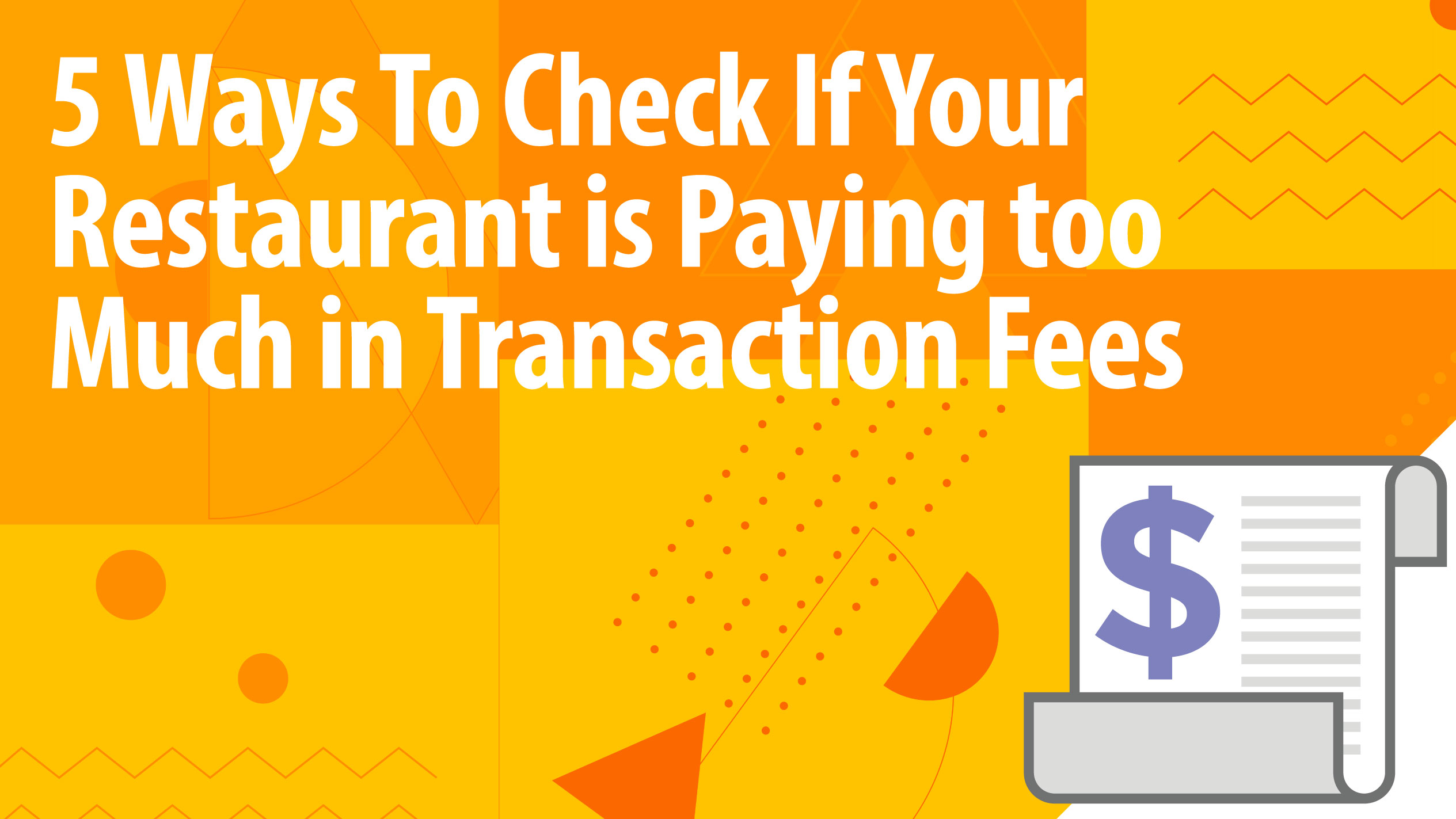

“There are a lot of scattered projects out there. The proliferation of DEX platforms is good for fee compression. So investor trades on Dharma will be executed by 1inch, including buying tokens from a bank account and selling tokens to a bank account. Last month, 1Inch announced that their 1inch API will be integrated into the Ethereum wallet Dharma to power its swap functionality. Because CEXes are not on the blockchain, they are faster and it is possible to transact fiat as well as crypto.” “Also, CEXes do not sit entirely on the blockchain. On the other hand, centralized exchanges are run by a third party, which collects trading fees,” says Sergey Maslennikov, chief communications officer for 1inch. “Decentralized exchanges rest on various blockchains and require specific smart contracts to operate. are making money hand over fist due to high fees associated with blockchain costs and other transaction woes. Whenever Bitcoin starts hitting all time highs, altcoins follow suit on investor appetite. A DEX aggregator would be the blockchain version of what Expedia does for hotels.ĭEX’s operate without the involvement of a central authority or third party. The 1inch Network is a DEX aggregator (and a swap project like Uniswap) that searches for better pricing across multiple liquidity sources, giving their exchange users the chance for lower rates than Coinbase. (And its unicorn logo is a mean version of the Uniswap logo.) I haven’t done well in it yet (bought in the 3s and near an all-time high), but I put some more money to work in 1Inch on Friday. This is why I invested in 1inch for the DEX play. More importantly, the three exchanges listed here are all centralized exchanges (CEX) and they apparently have a different fee structure than decentralized exchanges (DEX).
#Coinbase transaction fees too high software#
The highest fee wins so to speak,” says Adrian Pollard, co-founder of a exchange software company called HollaEx. The only way to prioritize what transaction goes first is the fee. dollar tether (USDT) usage is now mostly on the Ethereum blockchain but at the same time many of the other coins are using the same blockchain which increases the competition between transactions. “Blockchain fees which typically occur when withdrawing money from exchanges have increased dramatically due to the demand. I won’t pretend I’m a Wired geek on this one. Call that cryptocurrency blockchain for dummies. Imagine your digital purchase being blown apart and going through multiple pipes and each pipe charges a tiny amount until it goes through the Coinbase or Gemini pipe. The cost comes from moving assets from off exchange to on-chain. Each individual trade is not going to be settled on the blockchain by one exchange.

Why are fees so cumbersome and hard to nail down? Because each exchange is different, and each transaction is processed differently on the blockchain, things like Ethereum “gas fees” and multi-chain transaction costs come in to play. It’s not like comparing TD Ameritrade with E*Trade. There is no set language so it is hard to compare one to the other. Most of the exchanges are moving in this direction, with pro-trader versions of the product that reduces fees or cuts them out to zero, depending on the transaction and quantity of transactions.


 0 kommentar(er)
0 kommentar(er)
